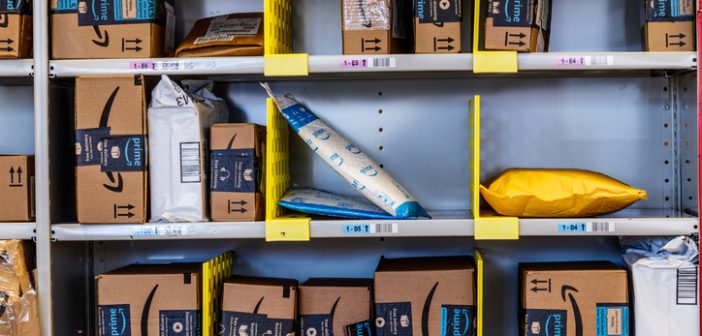Fordham Law School graduate Shaoul Sussman ’19 wrote an article in Washington Monthly about corporations like Amazon that likely engage in predatory pricing to stay on top of the market while failing to turn a profit.
Earlier this year, the Institute on Taxation and Economic Policy, a liberal think tank, reported that Amazon, one of the most valuable corporations in the world, paid no federal taxes on a supposed $11.2 billion in profits in 2018. Many Americans felt outraged, and shortly thereafter Senator Elizabeth Warren introduced a plan to force companies like Amazon to pay their “fair share” of taxes.
But in this case, the outrage was somewhat misplaced. We should not be astonished that Amazon pays no taxes, for the simple reason that it doesn’t actually turn a profit. While the company used accounting techniques to show a positive cash flow on paper, its zero-dollar tax bill more accurately reflects the nature of the business.
Today, many firms, not just Amazon, have adopted a growth strategy based on rapid expansion and negative cash flow. They are propped up by investors and by low interest rates that provide cheap and easy access to capital. They can’t be unprofitable forever, the thinking goes, and they must have an exit strategy, even if they don’t share it publicly. Until then, they continue to hemorrhage cash in their quest for an ever greater market share. The orthodox narrative on Wall Street is that these firms are reinvesting what would otherwise be profits, instead of sharing them with investors and shareholders. This narrative suggests that we are witnessing one of the greatest wealth transfers in the history of capitalism. By investing all their profits back into the firm, these companies are essentially transferring wealth from their investors to us, the consumers.
However, it’s unclear how, or even whether, that’s actually happening. Selling below cost is a classic way for aspiring monopolists to seize market share from smaller competitors who can’t afford to consistently lose money. This technique, known as predatory pricing, is bad for consumers, and the economy as a whole, because it drives companies out of the market not because they’re less competitive or efficient, but because they don’t have enough funds to survive without turning a profit. That’s why predatory pricing is illegal under federal antitrust law.




